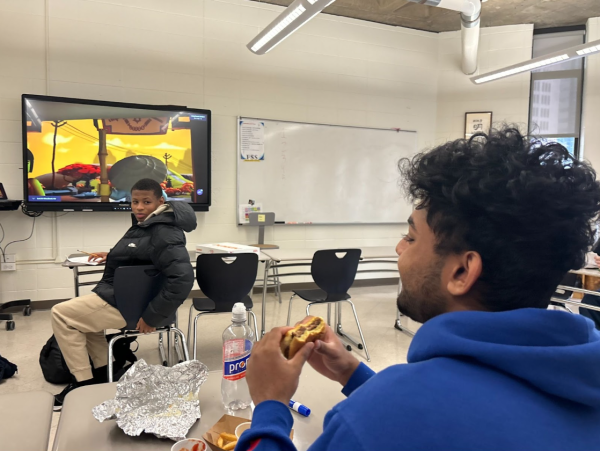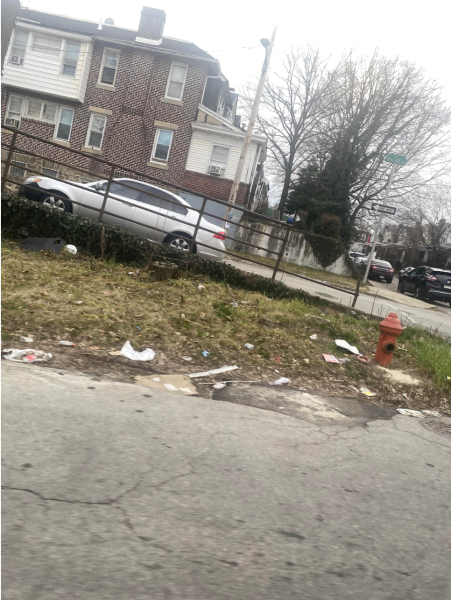COVID 19: Many Asians Face Discrimination During Global Pandemic
Illustration of doctors treating Coronavirus, by Kevin Zhang ’21
2020 has been an extraordinarily rough year for many Asians around the globe. The Asian community currently faces two devastating pandemics: the COVID-19 pandemic that has taken countless lives, and a pandemic of racial discrimination.
COVID-19 cases first sparked in the city of Wuhan during the Chinese New Year Eve of 2019. According to the Anti-Defamation League, the first report of racial discrimination against Asians in the US due to COVID-19 happened shortly after cases were detected in China. In January 2020, The Anti-Defamation League reported a man in Jersey City, who intentionally approached a woman, spat towards her, and told her to “go back to China.”
As COVID evolved into a global pandemic, Asians were wrongfully scapegoated for purposefully creating and spreading the virus, causing lockdowns, unemployment, and family separations. President Donald Trump is partially responsible for this treatment: he blamed China for spreading this virus across the world and called the virus “Kung Flu” and “The Chinese Virus.” In a report by NBC News, during a rally in Tulsa, Oklahoma, President Trump not only told the crowd, “I can name ‘Kung Flu’” but also “I can name 19 different versions of names”. During the pandemic, many Asians living in the US have hoped that President Trump would demonstrate leadership and create a plan to combat the “racial” pandemic, but it didn’t turn out successful.
Reports of hate crimes against Asians have risen dramatically since the onset of the pandemic, both verbally and physically. Acts of theft and violence against Asians have also surged since March. According to a recent report from Next Shark News, in October 2020, a group of four attacked an Asian restaurant using bricks and firecrackers in Bristol, UK.
Up until today, these hateful actions against Asians persist. As an Asian student during the Covid pandemic, Asian Student Union (ASU) member Tony Lian ‘21 says, “While I am lucky to not have been directly attacked by someone, I can certainly feel the racial tension against Asians rising. Back in March, I would sometimes be stared at for no reason while walking on the street.”
Other members of ASU in the FSS community are trying to put an end to discriminatory actions. ASU leader Sarah Goldberg ‘21 says, “In ASU we started talking about how COVID has impacted the Asian community, specifically anti-Asian racism and xenophobia. ASU is always a safe space, but Lucy [Kelly ‘22] and I wanted to make sure that we emphasized that this year and give the Asian community at FSS support.”
Lucy added to Sarah’s statement, saying, “I’ve been trying to educate people more through social media as well as just having conversations with my friends and family about injustices that Asian Americans are facing.”
ASU faculty advisor and 10th-grade History Teacher Peter Sun explains, “As an Asian teacher, COVID has not impacted my teaching at FSS because the FSS community, I believe, would not tolerate anti-Asian sentiments that might be spewed within the community. When COVID first made its way to the US last year, we had brief discussions in class about the spike of overt anti-Asian racism across the country. The topic was discussed in much greater detail during ASU meetings,” he says.
ASU is trying their best to help improve the racial pandemic against Asians, and we would love it if people – particularly in the FSS community – can come together to support each other. If you are an Asian student or faculty member, we ask you to raise your voice and speak out your concerns. If you are not Asian, we ask you to pay close attention to what your Asian peers are experiencing, spread awareness, and positivity.









